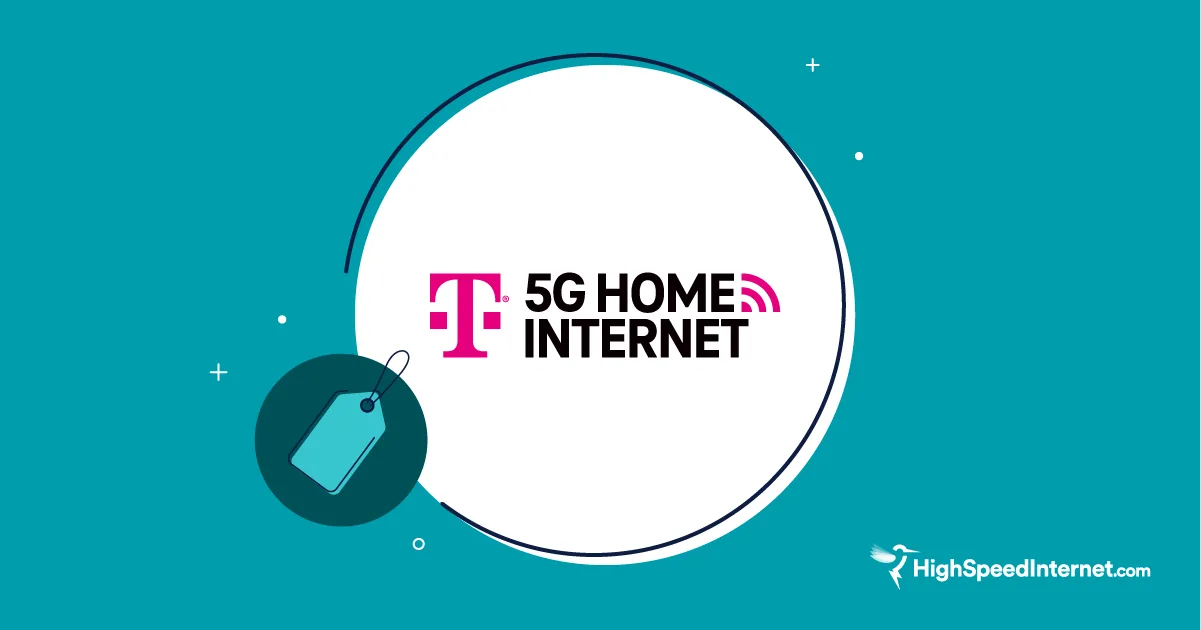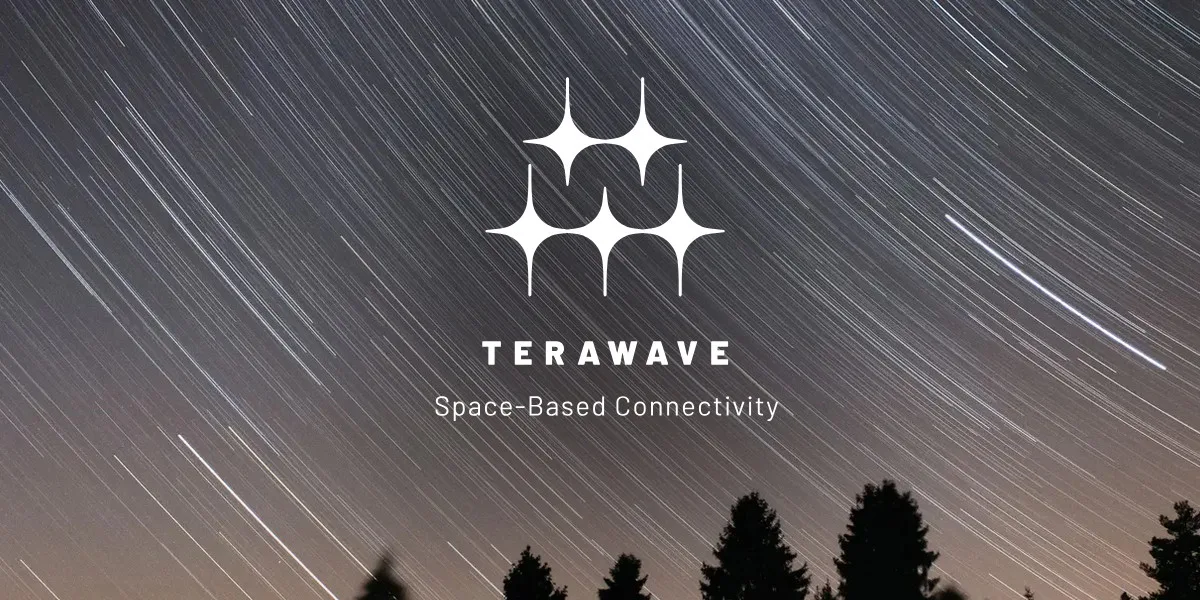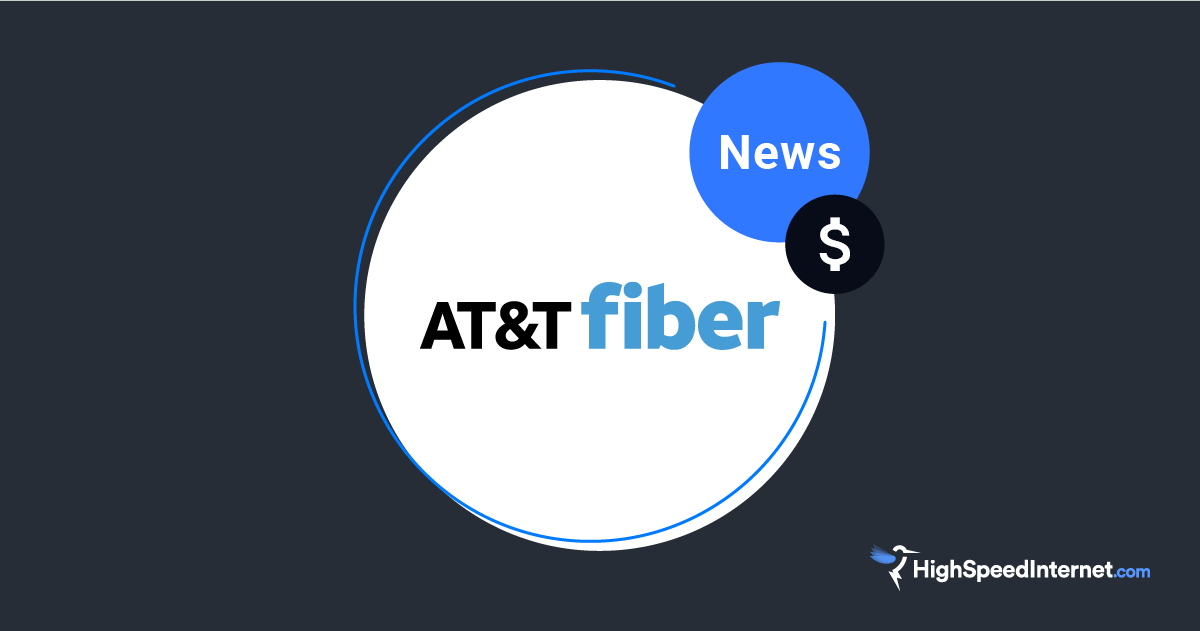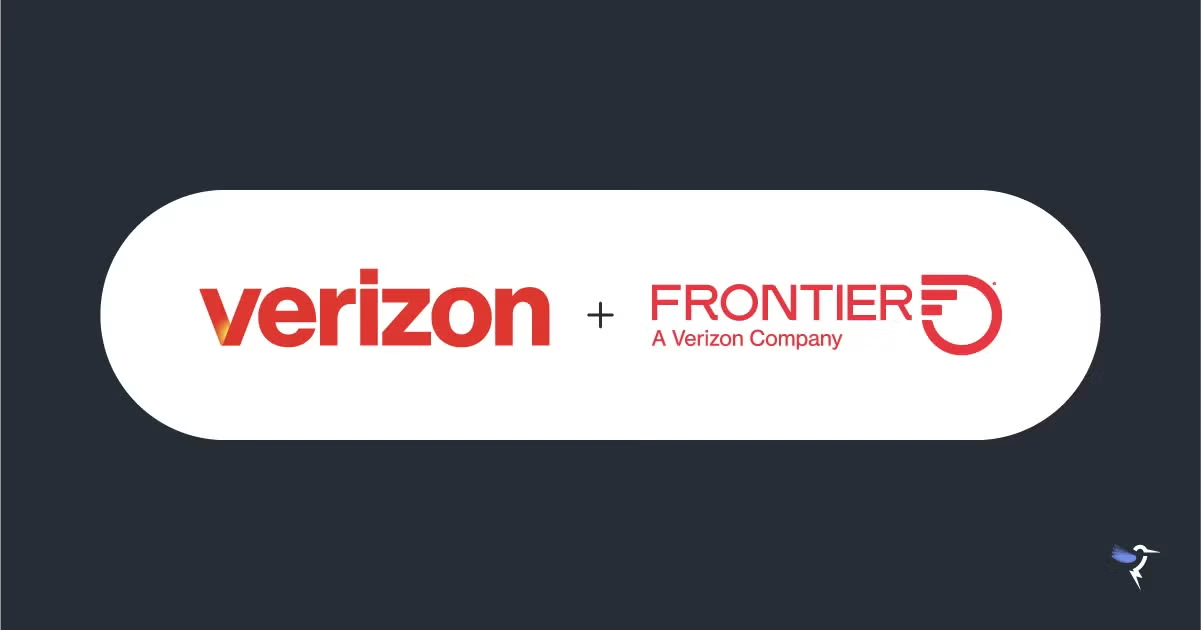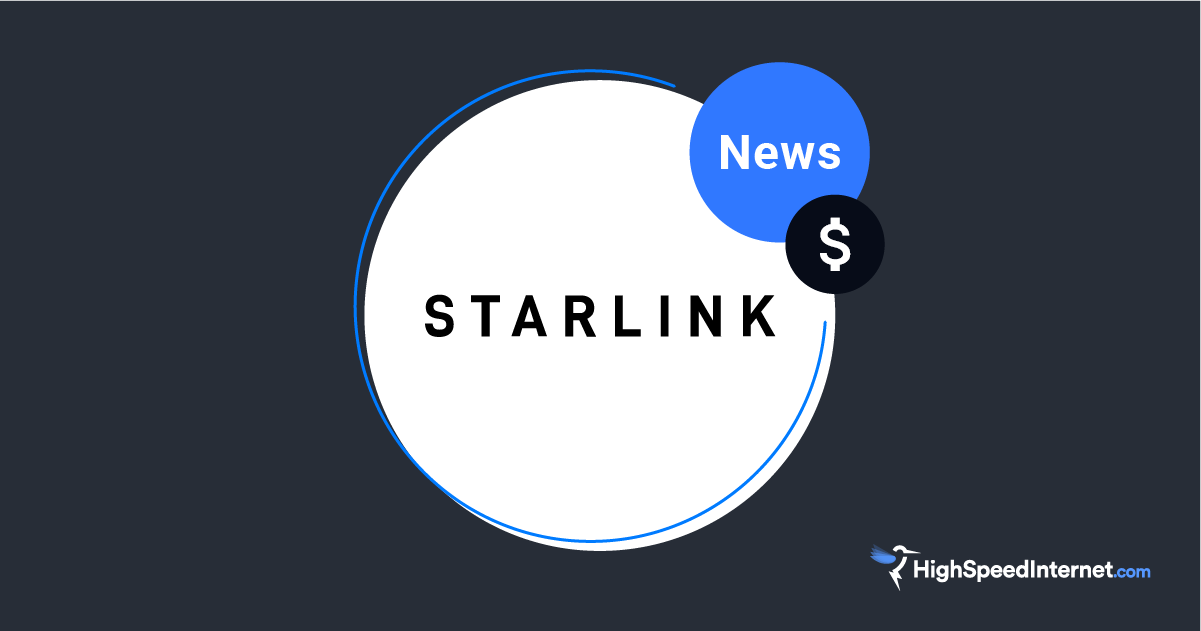Supreme Court Upholds Universal Service Fund
Ruling protects funding for low-income internet programs
Jul 8, 2025 | Share
News
On June 27, the Supreme Court overturned a Fifth Circuit decision that declared the Universal Service Fund, a system of fees and subsidies managed by the FCC, unconstitutional. The Supreme Court’s 6–3 decision preserves the $9 billion-per-year fund that is responsible for the Lifeline program, among others.
This decision is particularly impactful for low-income households, especially following the defunding of the Affordable Connectivity Program (ACP) in 2024.
Are you looking for a more affordable internet option?
Enter your zip code below to see what providers offer affordable plans in your area.
What is the Universal Service Fund?
The Universal Service Fund (USF) is a government program created following the Telecommunications Act of 1996 to ensure that telephone service is available to all areas of the country at reasonable rates. All telecommunications providers were required to contribute a percentage of their revenue from interstate and international calls to this fund, ensuring that local telephone service could be expanded to all Americans, including those in low-income, rural, insular, and high-cost areas, at rates comparable to those found in urban areas.
To manage the collection and distribution of these fees, the FCC set up a non-profit organization called the Universal Service Administrative Company (USAC). The FCC oversees USAC, which publishes reports detailing expected contributions and what actions it will take to expand and improve universal service. It can also recommend changes to the program to Congress.
As technology advanced, Congress expanded the mission of the USF on the recommendation of the USAC to include Voice over Internet Protocol (VoIP) and eventually broadband internet more generally. Currently, the USF supports programs in several areas:
- Expanding infrastructure in high-cost rural areas
- Funding internet access at schools and libraries
- Supporting rural health care
- Funding internet access for low-income households
The USF’s low-income internet program, Lifeline, is the one that most people will interact with directly. Lifeline benefits give eligible subscribers a discount of at least $9.25 per month toward either landline phone service, wireless phone service, broadband, or bundled services.
You can find a more in-depth discussion of the Lifeline program in our article on government programs for low-income internet.
Political organizations sue the FCC
In 2023, Consumers’ Research and other conservative political organizations sued the FCC in the Fifth, Sixth, Eleventh, and D.C. Circuit Courts. The group claimed that the USF was an unconstitutional delegation of fundraising actions from Congress to the commission. It also claimed that allowing the USAC to administer the program was an unconstitutional transfer of government power to a private organization.
In March 2023, the Sixth Circuit rejected the arguments by Consumer’s Research. The court found that per Supreme Court precedent, the FCC acted in accordance with the will of Congress concerning the USF. Additionally, it found that fees like those collected by the USF can be administrated by private organizations like the USAC. The Eleventh Circuit likewise rejected the claims in December of that year.
The Fifth Circuit, however, ruled that the USF was unconstitutional. The court reasoned that the USF is a tax on consumers and that, while Congress has granted the FCC the authority to levy taxes, the USF doesn’t fit into the same category as previous Supreme Court precedent on the matter.
This decision created a circuit split, with contradictory rulings in different regions of the country. As such, the Supreme Court granted certiorari for the case to resolve the issue.
Supreme Court overturns the Fifth Circuit’s ruling
The case was brought before the Supreme Court as FCC v. Consumers’ Research. The majority opinion of the Supreme Court, written by Justice Kagan, stated that both Congress’ delegation of the USF’s fundraising to the FCC and the FCC’s delegation to the USAC was properly delegated. The ruling found that these decisions were “tethered to legislative judgments about the scope and content of the universal-service program” and therefore did not violate the constitution.
The decision also noted that while the USAC managed the accounting functions of the USF, the FCC remains the final authority and that in “every way that matters to the constitutional inquiry, the Commission, not the Administrator, is in control.”
Final thoughts
This decision is a big win for internet users across the board. All of us at HighSpeedInternet.com are passionate about making sure that everyone has access to high-speed, affordable internet. Even if you don’t benefit from programs like Lifeline directly, there are a lot of reasons to be happy about this ruling.
Some of the loudest voices urging Congress to save the ACP weren’t consumer advocates or direct beneficiaries, but business leaders arguing for the economic benefits of greater internet access. To quote Steve Forbes, “a connected population is key to the U.S.’ long-term economic success in the connected digital economy.” The USF and the Lifeline program are major contributors to building that connected population.
Allowing the ACP to slowly run out of funds was a huge unforced error on the part of Congress that I hope will eventually be remedied. In the meantime, Lifeline has been the most consistent way for many people to stay connected to the internet, and I’m glad that it will continue to be that literal lifeline for those who need it.
Additional resources
If you’re looking for more detailed information on how to find affordable internet, check out some of our other articles on the topic.
Author - Peter Christiansen
Peter Christiansen writes about telecom policy, communications infrastructure, satellite internet, and rural connectivity for HighSpeedInternet.com. Peter holds a PhD in communication from the University of Utah and has been working in tech for over 15 years as a computer programmer, game developer, filmmaker, and writer. His writing has been praised by outlets like Wired, Digital Humanities Now, and the New Statesman.
Editor - Jessica Brooksby
Jessica loves bringing her passion for the written word and her love of tech into one space at HighSpeedInternet.com. She works with the team’s writers to revise strong, user-focused content so every reader can find the tech that works for them. Jessica has a bachelor’s degree in English from Utah Valley University and seven years of creative and editorial experience. Outside of work, she spends her time gaming, reading, painting, and buying an excessive amount of Legend of Zelda merchandise.
